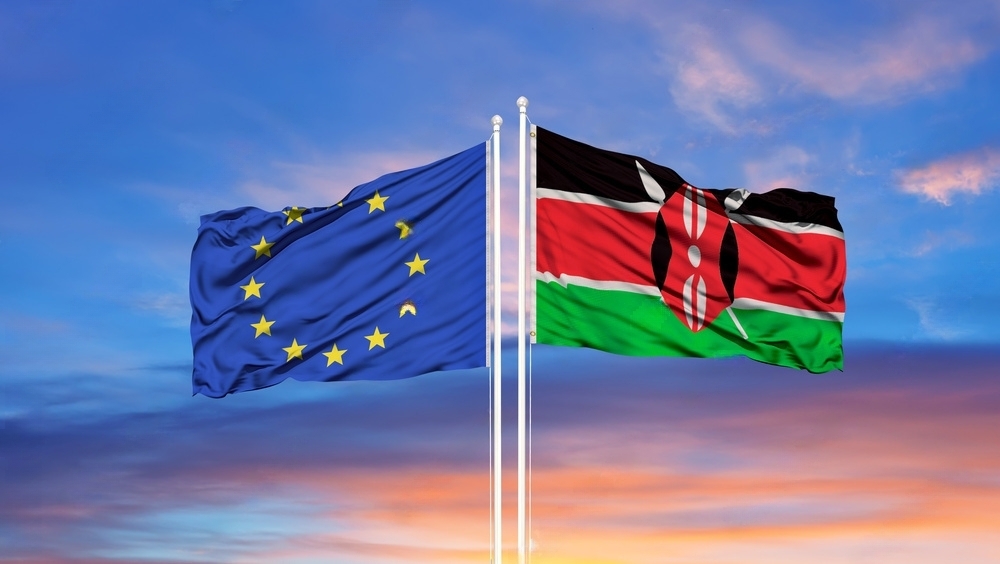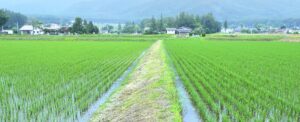On Sunday, October 29th, the G7 Trade Ministers met in Osaka, Japan. Informal bilateral meetings preceded the high level ministerial meetings. I was especially keen on the outcome of a bilateral meeting between the Trade Ministers of Australia and the European Union (EU). It sought to secure a free trade agreement between the two blocs, for better access of Australian meat and protections for continental goods. By Monday October 30th, it became clear that informal talks between the two parties had stalled. Australians felt that the deal on the table wasn’t guaranteeing them greater European market access for Australian beef and sheep meat products.
Such is the tact and foresight required in international trade agreements, especially with the EU.
Australia is reportedly one of the top beef exporters in the world. In 2019, it was the world’s most valuable beef exporter, with total exports generating US$7.5 billion. Three years later in 2022, its beef exports totaled $13.12 billion. For comparisons sake, Kenya’s tea exports in 2022 were recounted as $1.07 billion. Remember, Kenya is the world’s largest black tea exporter, so no other country exceeded this amount. However, Australia earned thirteen times more from its beef exports than Kenya did from its tea exports. Yet it was painstakingly seeking to further expand its market reach into the EU.
I am confident that CS Rebecca Miano, Kenya’s Cabinet Secretary for the Ministry of Investment, Trade, and Industry together with her great team will provide decisive leadership as Kenya seeks to conquer EU’s lucrative market. EU’s economy is revealed to be worth $16 Trillion, making it the third-largest economy in the world. It accounts for one-sixth of global trade.
It’s therefore predictable that the EU is Kenya’s second largest trading partner. Total trade between the EU and Kenya was reported to be $3.5 billion in 2022. This was an increase of 27% compared to 2018, which shows that we are on the right track. But we must now accelerate our pace.
This same scenario can be found across Africa. In 2021, 65 % of goods imported to the EU from Africa were food and drink, raw materials and energy.
In 2022 total trade between EU and Kenya was $3.5 billion, it was a lot more for South Africa. That year, EU imports from South Africa were a staggering $26.97 Billion.
Thankfully, as we progress in broadening our economic partnerships with the EU, I suggest that we burn our midnight oil to address three vital factors – quality, biosecurity, and packaging. Neglecting these may render our products dead upon arrival.
Firstly, to access the EU market, we must align and empower all our relevant institutions to help farmers grow top-quality produce. Our farmers need to be guided to adopt Good Agricultural Practices as a criterion for meeting EU standards.
Secondly, we must equip Kenya Plant Health Inspectorate Services (KEPHIS) to strictly ensure that Kenya’s food production and general plant heath meets EU and global biosecurity requirements. Our soils and produce must be free from pests and diseases which always edge us out of the global market.
Thirdly, we must Invest in superior packaging to meet global standard as this is crucial for our farmers to stop losing billions and secure their rightful place in the market. Quality packaging is not just the final step, but most critical factor in market entry success.
These three actions must however be pursued in tandem with a boost in local manufacturing. currently, Africa’s imports from the EU predominantly consist of industrial and commercial goods. By intentionally ramping up local production of these items, we can significantly cut our import costs even as we create employment opportunities for our people. By the way a just wondering, where is Kenya Industrial Estates (KIE) in this scheme? Story for another day.
Kenya must seize the moment to tap into the economy of 27 countries that form the EU’s $16 trillion market, now. Sio kesho! Think green, act green!



